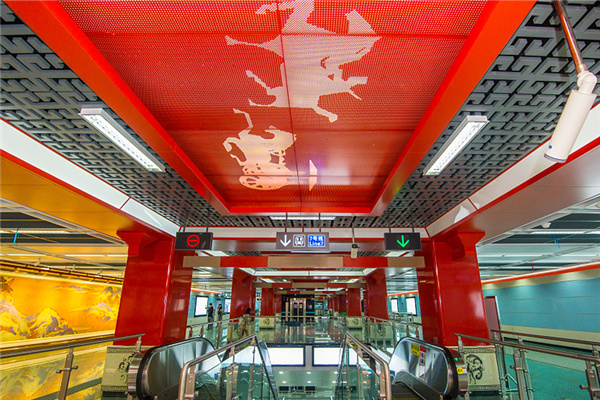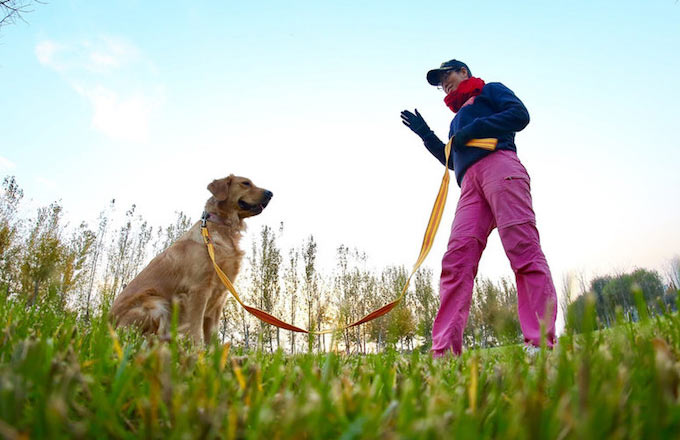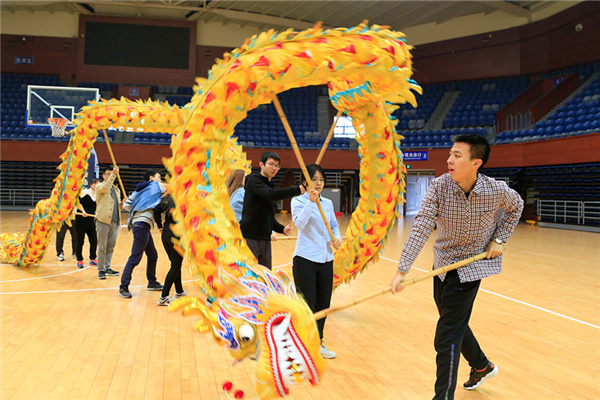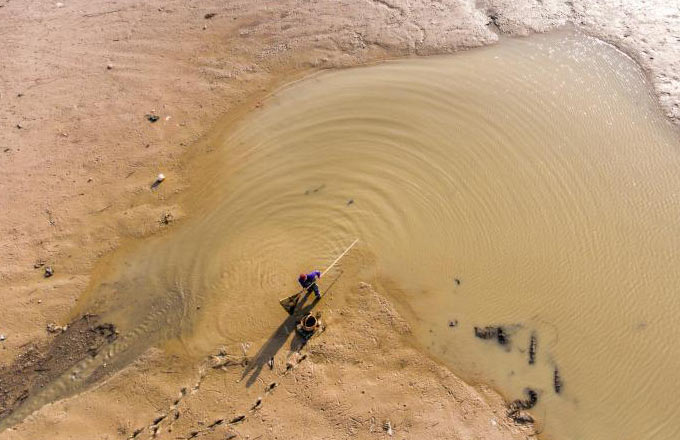Lab tests safety of imported bird nests
A national laboratory in Qinzhou, Guangxi Zhuang autonomous region, that is inspecting the quality of bird nests for use as a health food, is currently awaiting final approval to start importing raw nests - which some consider a delicacy.
The nests, which come mostly from Indonesia and Malaysia, are in demand in China.
"We have finished all preparations for the designated port to import raw bird nests and have reported to the General Administration of Quality Supervision, Inspection and Quarantine," said Huang Juanwu, deputy director of the inspection bureau in Qinzhou. She said approval was expected to come next year.
The inspection laboratory is equipped with various technologies needed to recognize genuine bird nests, she said.
Since 2006, only processed bird nests have been allowed into China because of the risks of diseases such as avian flu associated with raw nests, according to the administration.
Figures from the Chinese Academy of Inspection and Quarantine indicate that 21.5 metric tons of processed nests - 58 percent of total import volume - came from Indonesia in 2016. Malaysia was second, with 15.6 tons, or 42 percent. Thailand was added in August this year as another source of nests.
"Unlike other kinds of bird nests, raw ones contain plenty of feathers and droppings and have a high risk of carrying bird-borne organisms, including avian flu. So China hasn't permitted raw imports so far," said He Ri'an, the director of the national laboratory in Qinzhou. "Our laboratory has all kinds of technologies to inspect the raw bird nests."
There are 372 tests used at the laboratory. They cover sialic acid, nitrite, heavy metals, microorganisms and bird-borne viruses.
Nowadays, China's domestic demand for bird nests, a traditional specialty in some Southeast Asian countries, is large. The import of raw bird nests to China could bring employment opportunities.
In November 2016, the administration signed off on a protocol on raw nests with the Ministry of Agriculture and Agro-Based Industry of Malaysia, which helped promote the product.
The importation of nests to China has seen some setbacks in the past. In 2011, the Zhejiang provincial Entry-Exit Inspection and Quarantine Bureau found fake nests and unqualified processed ones containing excessive nitrite. Most of those were imported from Malaysia.
As a result, all nests were pulled off the shelves of Chinese markets, and importation was suspended. At the end of 2013, the authorities announced that Malaysian processed bird nests and related products met China's standards, and importation resumed.




























